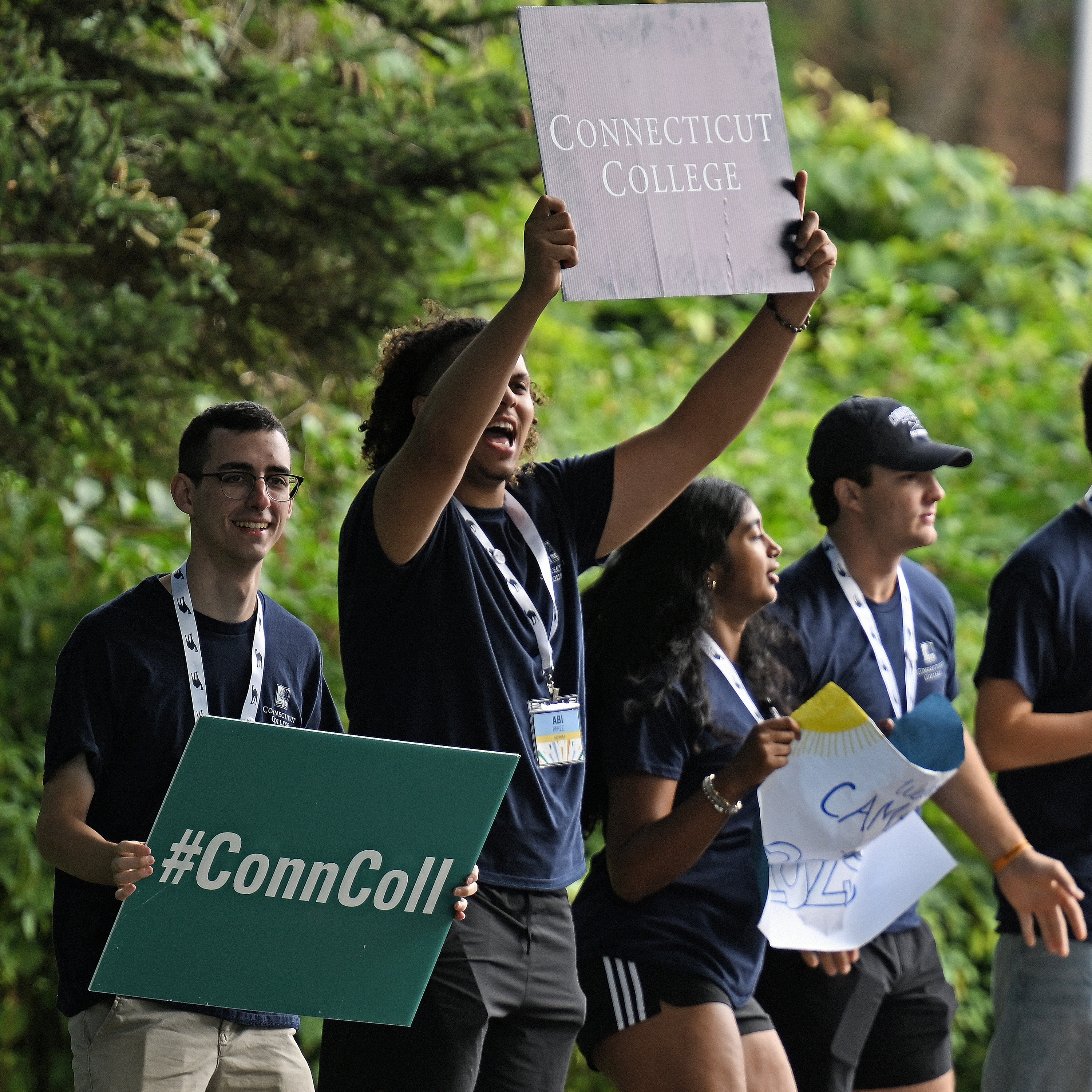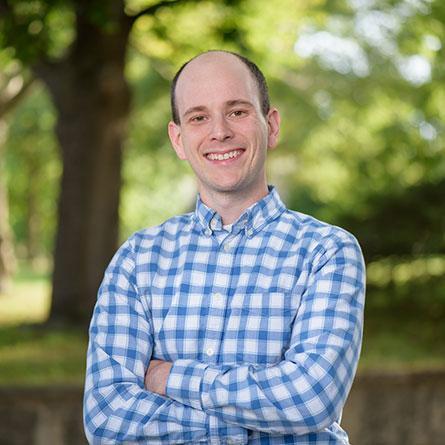
Psychology professor awarded $223,136 NSF grant to research distractor-induced quitting
Assistant Professor of Psychology Jeff Moher has been awarded $223,136 from the National Science Foundation (NSF) in collaboration with a researcher at the University of Utah to explore the phenomenon of distractor-induced quitting, in which distracting objects alter the decision process and cause people to terminate a search earlier than they otherwise would.
Moher specializes in cognitive psychology, cognitive neuroscience and visual attention. He uses behavioral and neurophysiological methods to understand why distractions occur, when they are likely to arise and what mechanisms humans can harness to avoid them.
Moher’s research collaborator, Brennan Payne, is an assistant professor of cognition and neural science at the University of Utah. Payne has extensive expertise in tracking eye movements and he and his lab team will assist in participant recruitment, pilot testing data collection and data analysis.
“This research has potential real-world implications for tasks that involve high-stakes searches for targets, such as medical image screening or x-ray baggage inspection,” said Moher. “In particular, it is worth considering that the use of artificial intelligence to convey information to a human observer may inadvertently trigger this exact problematic situation.”
For example, when a radiologist searches a medical image, there may or may not be a target in the scan. In these searches, there is a strategic decision component in which the searcher must decide that they should look thoroughly enough to be confident that indeed no target is present. However, there has been little research on how distractions like information from AI might affect this decision, Moher says.
“The findings will be shared with the scientific community at large, but also with colleagues in radiology in order to spark new discussion on how we might apply this research to help improve communications from artificial intelligence systems to human observers in medical settings,” Moher said.
Connecticut College undergraduate students will play an active role in the research project, including student summer research assistants who will travel to the University of Utah to join Payne’s lab in designing experiments. Eight Conn students will work on the project as research assistants with Moher during the academic year, collecting data and presenting results at conferences including those focused on medical imaging. Some of these students will be recruited from the Science Leaders program at Connecticut College, a program dedicated to providing opportunities in the sciences for students from groups historically underrepresented in the sciences.
The NSF funds research and education in science and engineering, through grants, contracts, and cooperative agreements. This grant is 100% federally funded.

